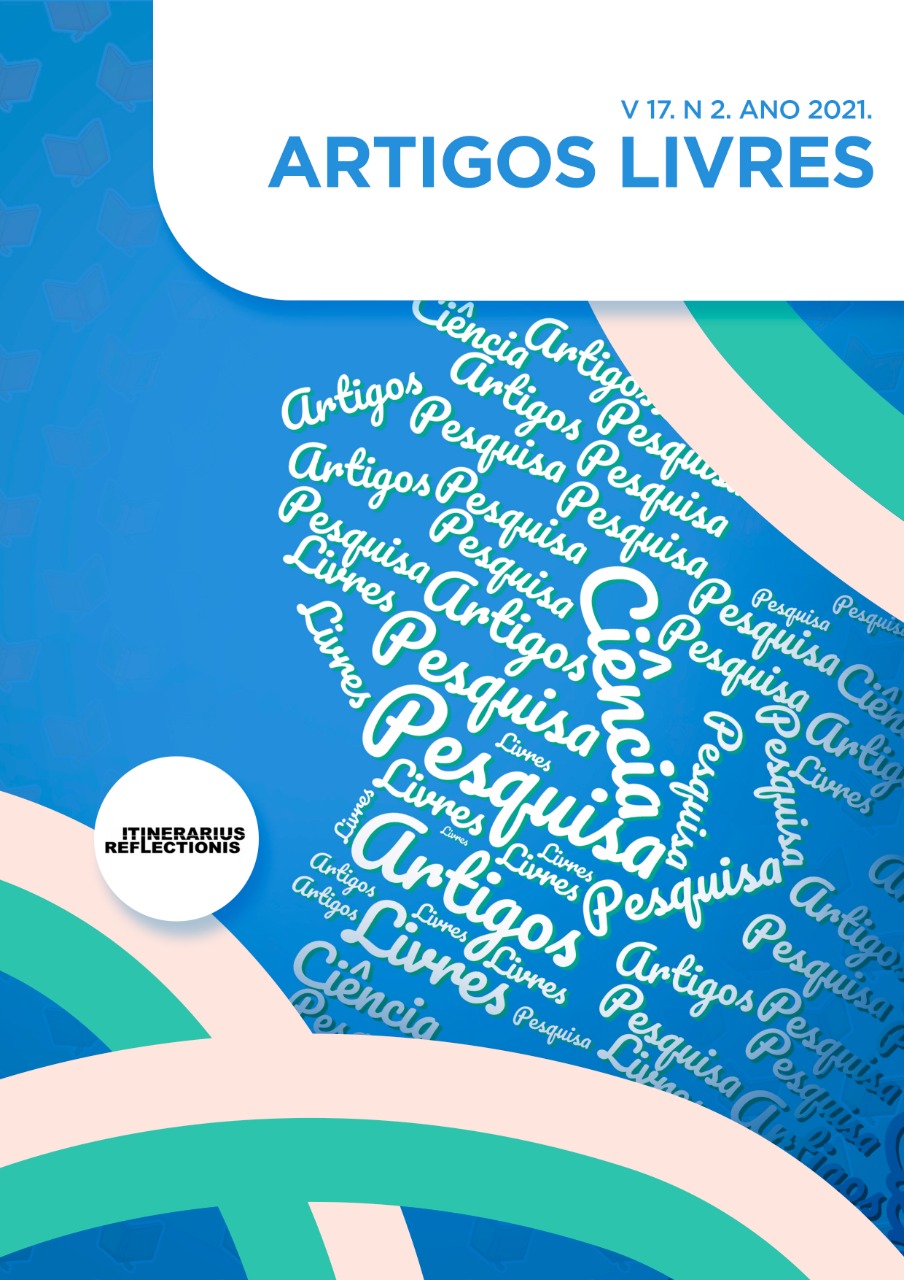Teaching functional memory architecture, illusions, beliefs, techniques and monitoring for effective learning
becoming a sophisticated learner
DOI:
https://doi.org/10.5216/rir.v17i2.68156Abstract
Although we dedicate a large part of our lives to formal education, we have little or even no opportunity during all those years to learn how to study effectively. We hope, by teaching and evaluating other concepts and competencies, that the study practice, on its own, can enable us to learn effectively. Is ‘knowing how to learn’ an innate competence of individuals? Is study practice a process capable of fully developing it? Did the undergraduate students mature this competence to the point that it is unnecessary to evaluate their mastery? Would the assessment of other competencies – language, mathematics, science, and technologies – be sufficient to attest the learn ability of students? After all, the students have their most intense years of study in academia, and a mastery of effective learning techniques will benefit them the most. To answers these questions, we survey recent research on the peculiarities of human learning and memory. We highlight how misguided the students are, in general, about their ability to learn and the effectiveness of the techniques they use to study. Clarifying some beliefs and illusions in the light of scientific results, presenting more effective techniques – such as the concept of desired difficulties, interleaving, distributed testing, creativity ability, and creativity growth – we aim to make students aware of science results and foster the enhancement of longterm learning.
Downloads
Downloads
Published
How to Cite
Issue
Section
License
Os artigos encaminhados para publição na revista ITINERARIUS REFLECTIONIS deverão ser originais e não publicados ou propostos para tal fim em outra revista. Aceitam-se artigos escritos em Português, Espanhol e Inglês. A revista ITINERARIUS REFLECTIONIS se reserva o direito de efetuar, nos originais, alterações de ordem normativa, ortográfica e gramatical, com vistas a manter o padrão culto da língua, respeitando, porém, o estilo dos autores. As provas finais não serão enviadas aos autores. Texto sobre Copyright do conteúdo da Revista.


